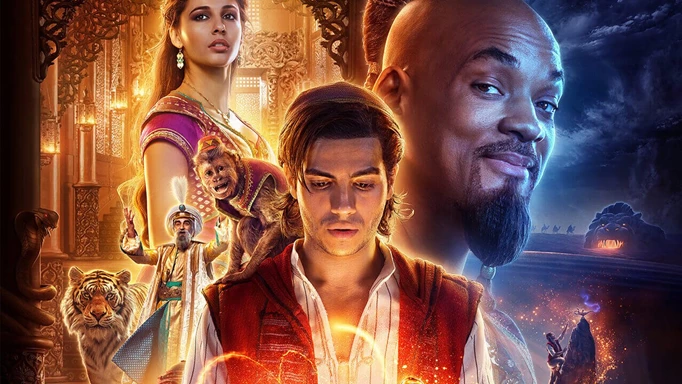The Dawn of the Remake

New games are out – remakes are in. Developers, as of late, seem more interested in remastering their famous titles, rather than add to the series. While this is to the chagrin of most of their fans, this can be easily compared to recent trends in films – and it makes a lot of sense.
We should probably define the term ‘remake’ before we go any further.
A remake is classed as making something again, or differently. In the case of video games, this could mean simply releasing the game again, with remastered (better) graphics. A remake could also mean the game is changed slightly, be that the storyline or characters, as well as enhanced visuals.
A remaster is simply that – the game is remastered with a higher quality of graphics, and everything else about the content remains the same.
CGI has improved exponentially in the last decade alone, and the temptation to bring less-than-beautiful graphics back to life using this new technology is one most developers can’t seem to resist.
Nostalgia sells almost as well as sex, so when gaming fans are given the chance to lazily consume an old favourite, it is snapped up. Take the Resident Evil series for example, three titles have been remade or remastered in the last decade, and each has received praise.
Although the success of these remasters is plain to see, there are arguments against publishers spending time, money, and resources to do so. Some fans see it as a lack of imagination and creativity on the part of game studios and cite it as evidence that they would rather latch on to trends that benefit them financially, such as remastering titles from an already lucrative series.
Audiences gobble nostalgia up, and for the generation of gamers these days, who all started playing on the first editions of consoles, and now have the next-gen versions (and will have PS5 and the Xbox Series X when the time comes) they want to play those games that aren’t backwards compatible.
A remastered version of your old favourite game can spark that initial love right back up again, but on your new console – rather than looking longingly at your PS3 gathering dust in the corner, with its broken disc drive.
This sentiment rings true in film also, with Disney at the forefront of live-action remakes of their most famous movies, due to enhanced CGI technology. Aladdin, The Lion King and Beauty and The Beast have all received this treatment, to great critical praise and audience commendation, and smashing box office records.

 Click to enlarge
Click to enlargeA thread on Reddit in r/truegaming, echoes this sentiment, making the point that for the studios involved, it makes financial sense to remake games, just as it does in the movie industry. u/Ephemeris goes on to say that this also may spark a new interest in younger gamers, unfamiliar with the original titles.
Video Games have been around long enough that we're entering an era of remakes and reboots just like the movie industry. from r/truegaming
So, just how successful are remakes or remasters of games? You could argue that the life-span is short; a gamer gets their nostalgia fix, then their attention plummets. Or perhaps, on the other end of the scale, it gets a fan back into the series, so when a new title is released, it is successful.
Final Fantasy X/X-2 was remastered in 2013, originally released in the 2000s as two separate games by Square Enix, and the remaster sold 260,000 copies in North America in the first month alone.
The Metal Gear Solid HD Collection was a combination of five Metal Gear games, released between 1987 and 2010, and while the core story was unchanged, the graphics were critically acclaimed. In 2014, the Guinness World Records Gamer's Edition listed Metal Gear Solid HD Collection as the highest-rated HD video game compilation.
In 2020 alone, the number of remastered games released was higher than ever, and the trend doesn’t look like it’s stopping any time soon. From Spyro to Zelda, remastered games feed on our craving for nostalgia, and spit out profit.
Images via Capcom & Disney
